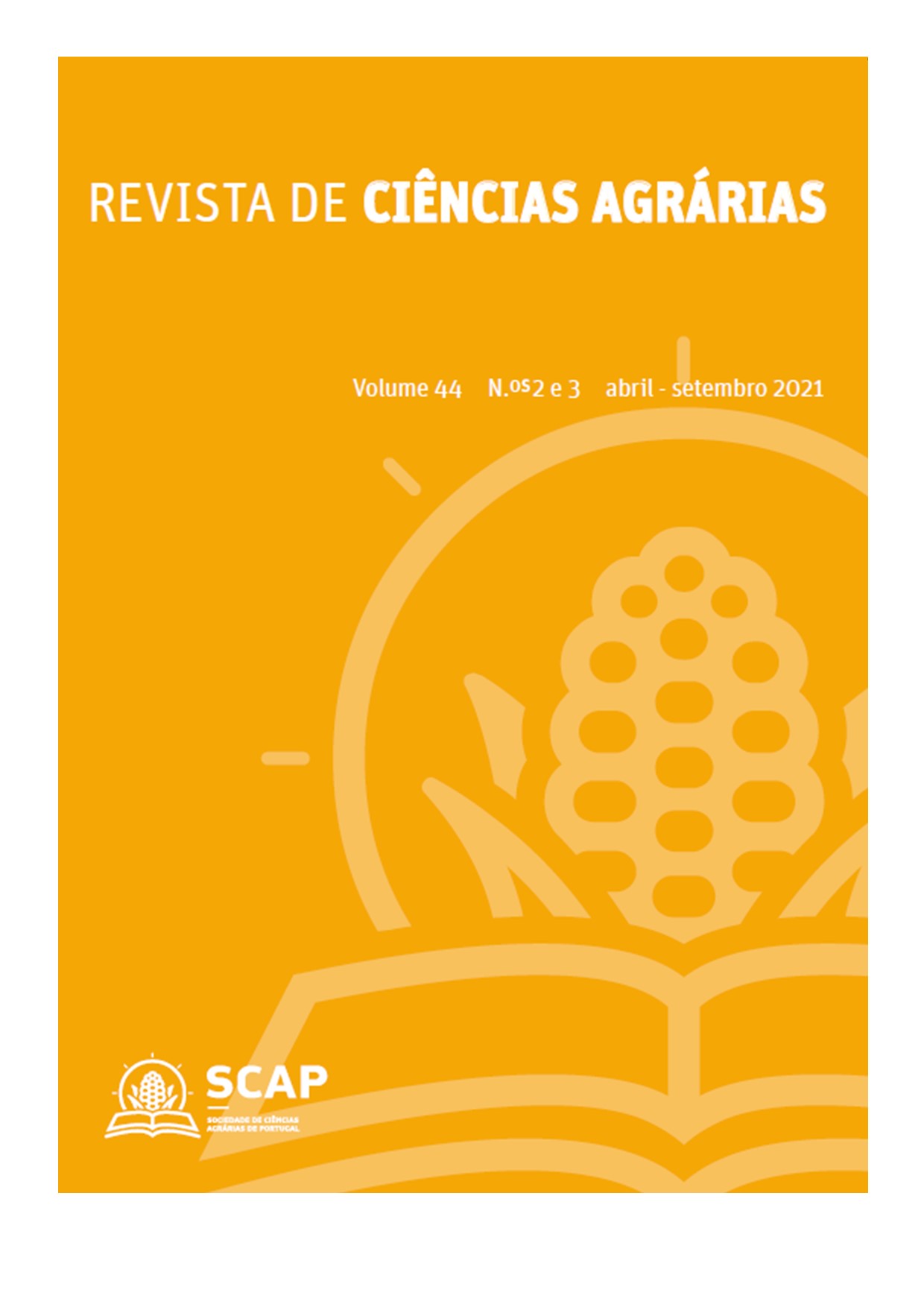Geoestatística multivariada para o delineamento de zonas de manejo para a alocação de experimentos agrícolas
DOI:
https://doi.org/10.19084/rca.18994Abstract
Agricultural development relies heavily on experimental research and it is necessary to minimize soil variations for more accurate results. Therefore, the present work aims to quantify the spatial variability of soil attributes and to define more homogeneous Management Zones (MZs) through the multivariate geostatistics to allocate agricultural experimental areas. The experiment was carried out in Petrolina city, Pernambuco state, Brazil. Disturbed soil samples were collected following a sample grid with 56 georeferenced points in the layers of 0.00 to 0.20 m and 0.40 to 0.60 m depth. The granulometric and chemical analyzes of the soil were performed. Principal components (PC) analysis was performed. The spatial dependence of the analyzed variables and the CP was verified using experimental semivariogramas. Maps were obtained by the ordinary Kriging interpolator. The delimitation of the MZ was performed using the fuzzy c-means clustering algorithm. The results showed that in the CP the attributes related to soil acidity predominated and that the area should be delimited in three zones. The MZs delimitation using CP showed as an important tool in assisting the allocation of agricultural experiments, reducing the error arising from the heterogeneity that may occur within the experimental blocks.


